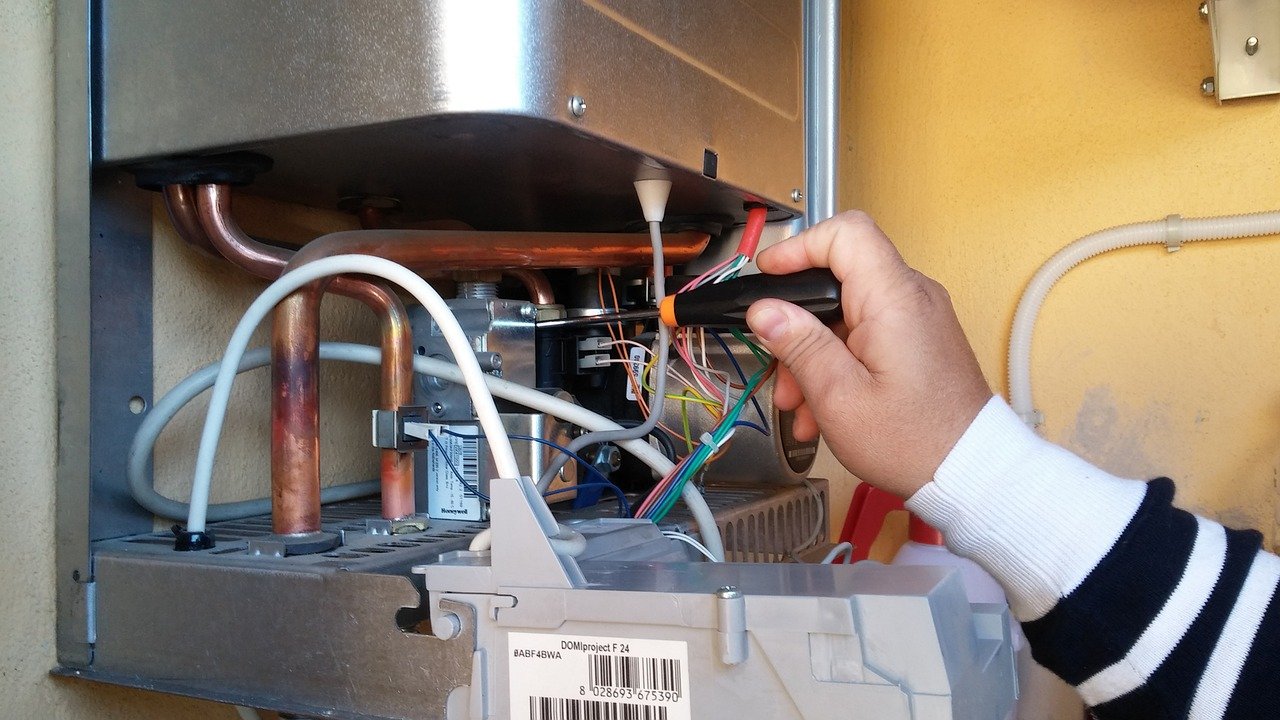A tankless water heater is a highly efficient appliance that heats and stores hot water in a small unit at point-of-use rather than in a tank. These appliances are used for homes and businesses to provide hot water on demand, rather than only when the hot water tank is empty. Here are 4 tips on how to choose one.
1. Energy-efficiency
Many homeowners are looking for ways to save money on their utility bills. If you don’t know how to buy them, you can do research online and look for the right one for you. Incorporating an energy-efficient tankless water heater in your home can help you reduce the risk of high heating bills throughout the winter months.
Today’s best tankless water heaters use less than half of the energy used by traditional storage heaters, which means lower gas bills every month. Energy-saving features available on some models include certification, low standby mode usage where it is required by law, and automatic temperature controls that cycle the unit when it detects no demand for hot water. Additionally, many units also come with timers that limit how long they run before shutting themselves off completely.
2. Flexibility
A traditional hot water storage tank cannot provide instant hot water because it takes time for the heat to transfer from the tank into the supply line. This can be inconvenient for homes with more than one bathroom or that have many users using hot water simultaneously. A tankless hot water heater provides unlimited instant hot water regardless of demand by heating the required amount of water on demand and storing it directly in the supply line rather than in a large cylinder.
3. Versatility
For homes with limited space for water heating appliances, flexible designs can provide hot water when and where it’s needed. Compact tankless models are available in many shapes and sizes to meet the needs of any household. Many heaters are mounted on walls or fit right into tight spaces, freeing up valuable floor space in your home. They also come with easy-to-install warranties that make installation fast, simple, and hassle-free.
4. Installation
Most homeowners can install a tankless hot water heater themselves without hiring contractors, but there may be certain cases where an expert is required, like when an electrical source must be re-routed or plumbing lines need to be changed. Most manufacturers provide detailed installation instructions with their products, so it’s important to read these thoroughly before installation begins. It’s also important to consider the future when installing a tankless hot water heater in your home because changes to the building or supply line could require a new unit.
How often are tankless water heaters used?
Tankless water heaters are becoming more popular every day because homeowners are looking for ways to reduce their energy bills while still having unlimited hot water access. According to Energy.gov, Americans used approximately 657 billion gallons of hot water in 2012 alone! That’s an average of 1,000 gallons per household of 4 people each year.
Can anyone get tankless water heaters?
Anyone can have a tankless water heater installed in their home, but it’s important to consider the future when choosing one. You can even see the difference between this heater and other types of heaters. For example, if you are planning on moving within 2 or 3 years, it would be wise to install a traditional storage tank, so you could take the unit with you. However, if all of your hot water needs are met by one bathroom sink and shower, then installing an instantaneous model would probably make more sense for your lifestyle.
What are the benefits of tankless water heaters?
According to research, tankless water heaters save up to 30 percent in energy costs, and they last on average 11 years longer than storage units. With a lifespan of almost 20 years on average, you can save money and add value to your home by making an investment in one of these models. Additionally, the fact that tankless units only turn on when needed helps homeowners reduce greenhouse gas emissions because it cuts down on wasted energy from standby mode. Saving the environment along with some money is a great way to market these appliances.
How do you install a tankless water heater?
First, you’ll need to make sure that there is ample space for the unit in your home. If it needs to be mounted on the wall or in a cabinet, then that will need to be taken into consideration when choosing one. Also, most models must be connected directly to an electrical source and the hot and cold supply lines. Finally, it’s important to note that some units may require professional installation services in order for them to work properly.
From lower energy costs to increased durability, homeowners are beginning to see that these units aren’t just for commercial buildings anymore. This is why it’s important that you consider your household needs and get yourself a tankless water heater.




